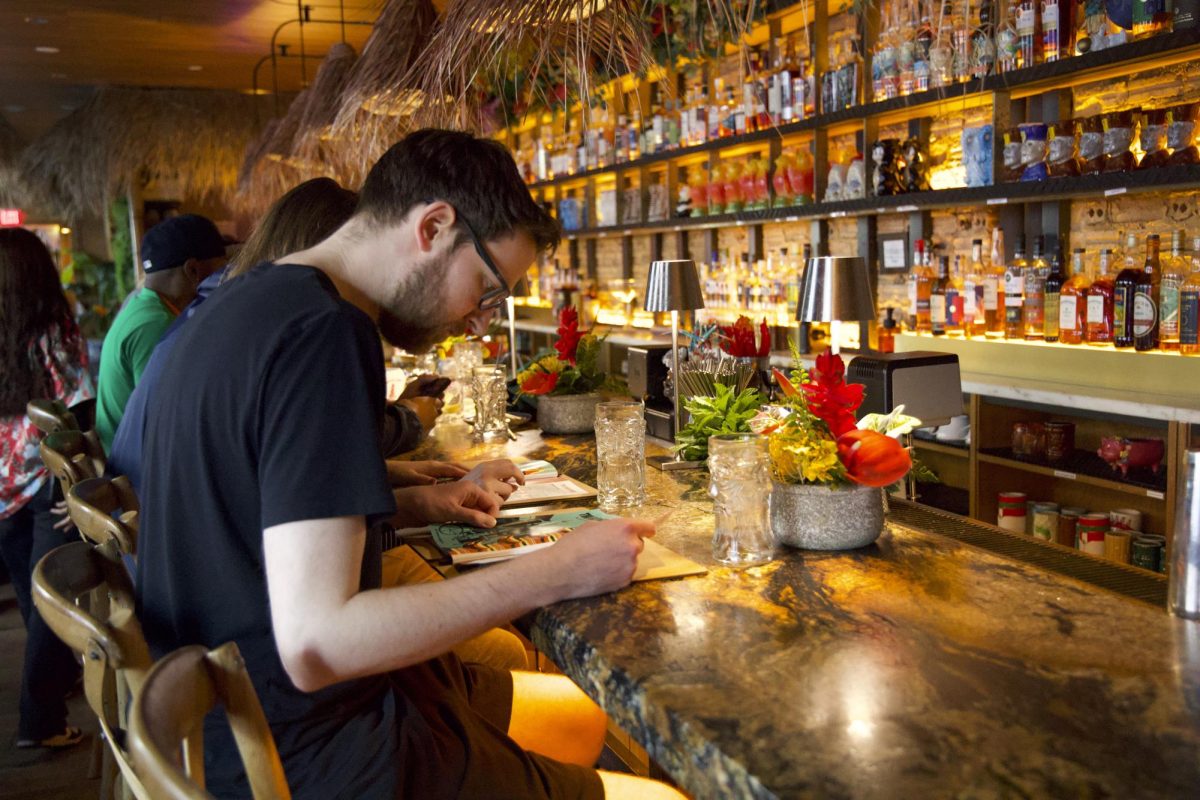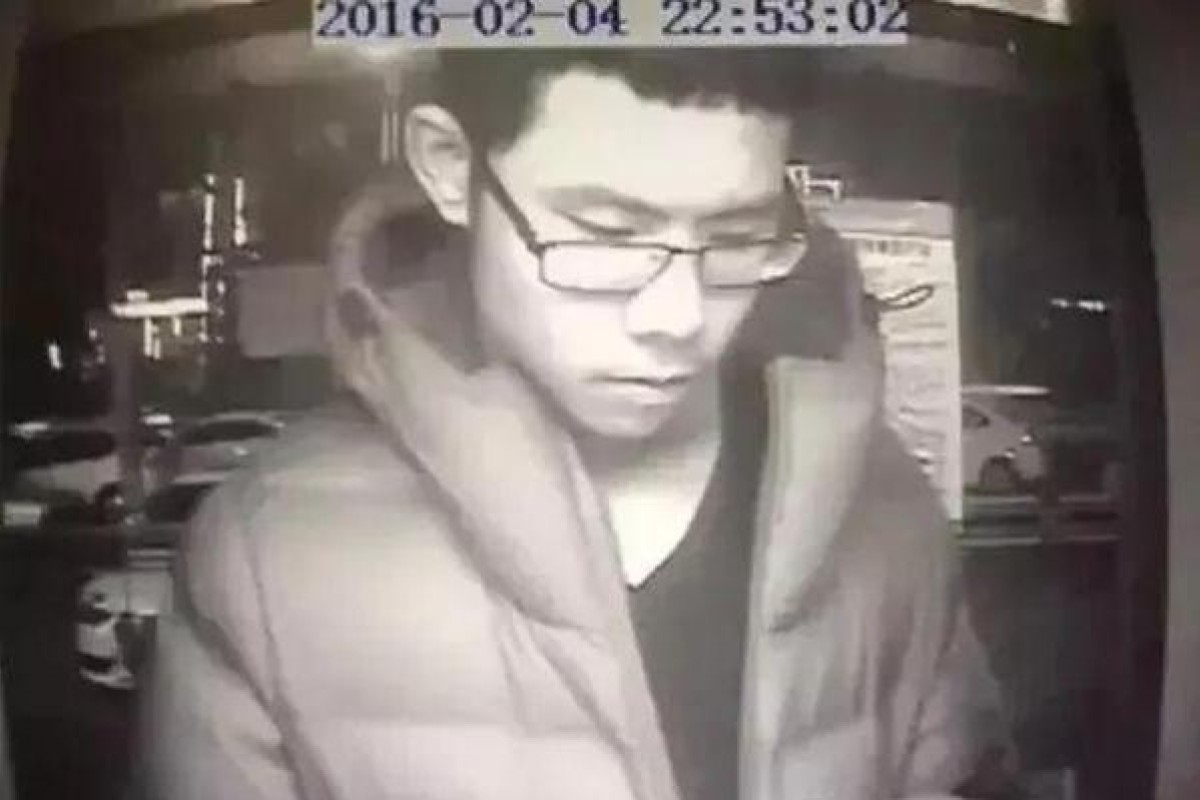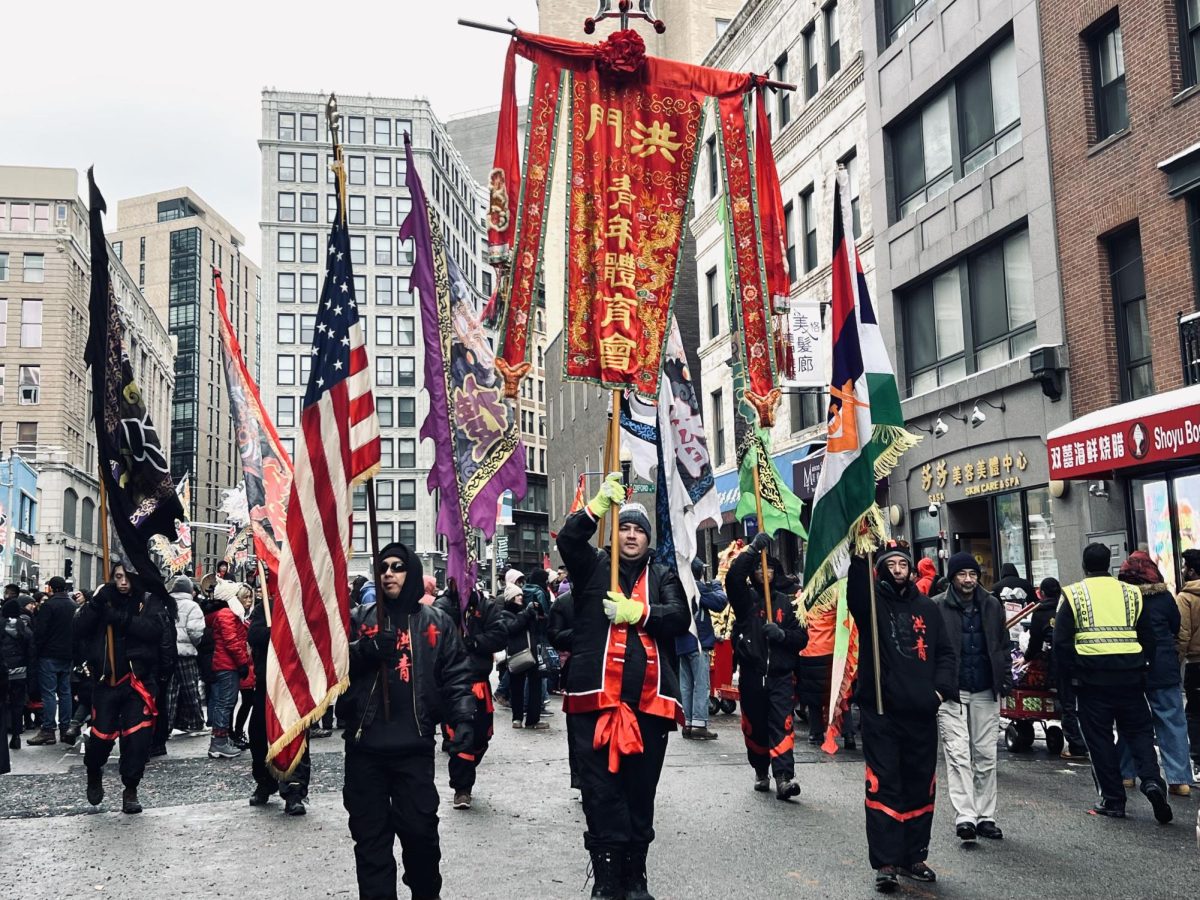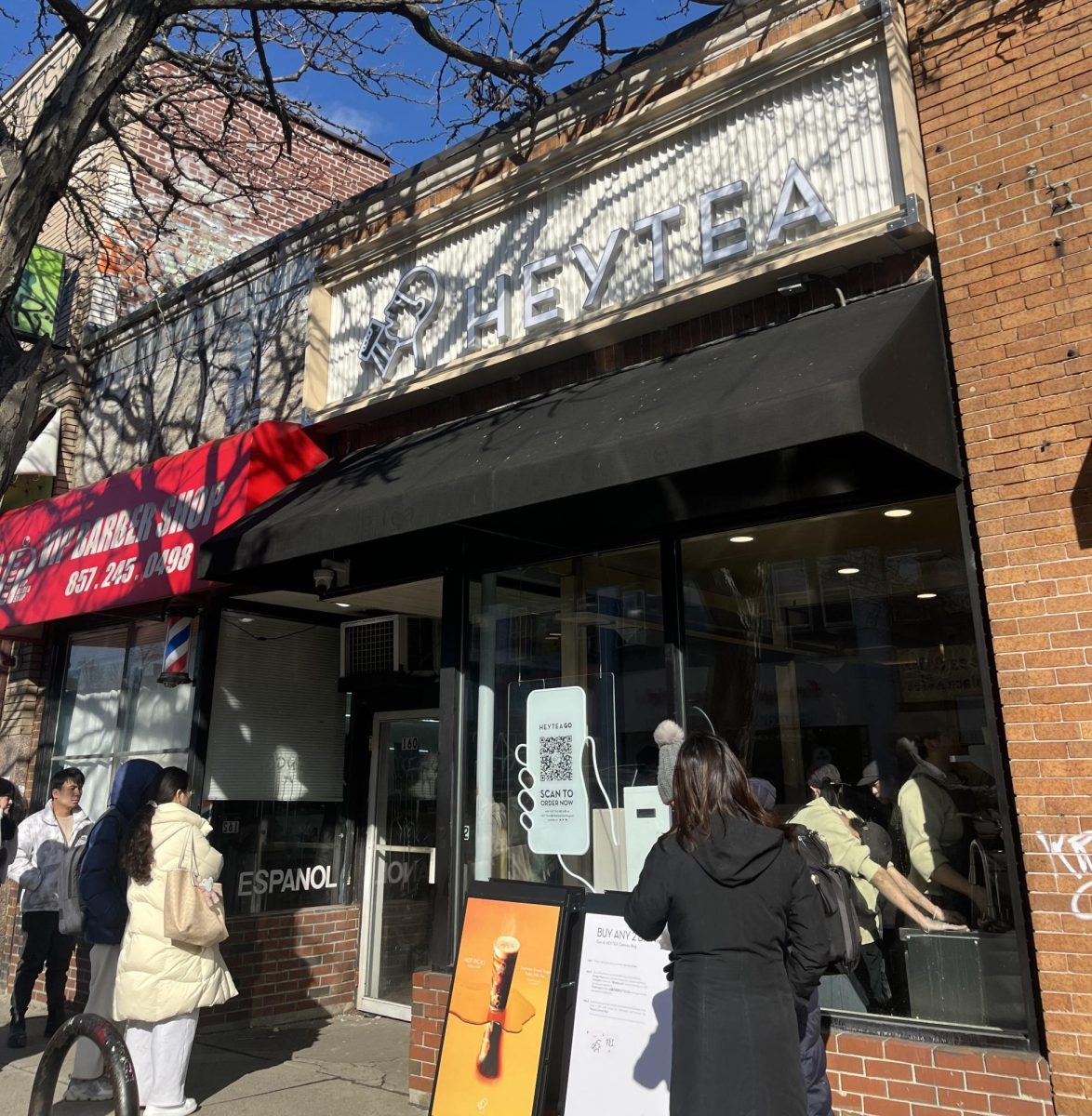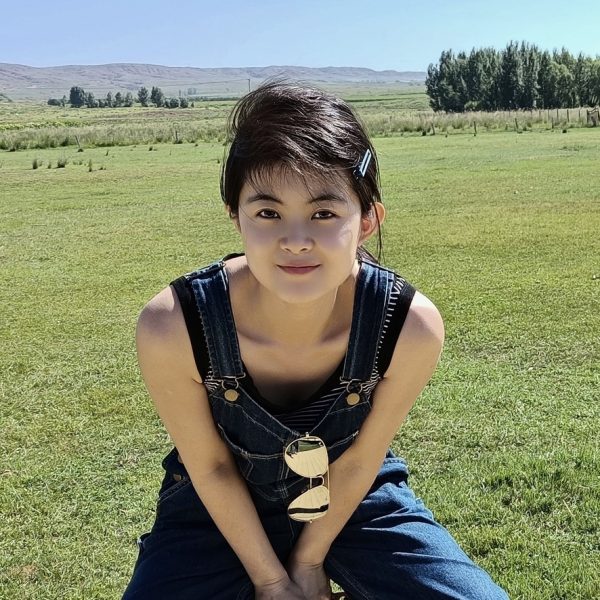On Feb. 18, Boston’s Chinatown Main Street organization dazzled attendees with a lively Chinese New Year celebration at the China Trade Center. At the event, artisans showcased their skills by crafting traditional Chinese lanterns, dough figurines and live calligraphy performances to add an artistic flair to the celebration. With a mix of tradition and vibrant cultural displays, the event drew a diverse crowd eager to partake in the festivities.
Rudolph Jacob Neustadt, a student at Tufts Medical Center, volunteered as a safety guard to limit the flow of visitors and maintain order. For him, this event serves as a space that represents community engagement and fosters an understanding of Asian cultures among attendees.
“I think it’s a lot of fun,” Neustadt said. “And it’s a great time to experience and put yourself into another culture and learn a little bit about the world around us.”
The scene attracted some young participants as well. Melanie Morgan brought her family, including her seven-year-old daughter, to the celebration. “She really enjoys the crafts and the music and the lion dances,” Morgan said.

Naiyan Chen, hailing from Singapore, also brought her child along for the festivities. Her daughter, who grew up in Boston attending a bilingual school, has immersed herself in Chinese culture through her Mandarin classes. For Naiyan and her husband, who is from Indonesia, Lunar New Year came with a sense of both novelty and nostalgia. Unable to return to their home country this year, the occasion was a poignant reminder of the family gatherings they miss dearly. But the event wasn’t just reminiscent of home; Naiyan says it was an eye-opening cultural experience as well.
“It’s also interesting, like seeing how different Chinese [people] in different parts of the world celebrate the Lunar New Year,” she said.
Amidst the bustling crowd at the calligraphy booth, one might mistake Libin He for an organizer as he sits alongside Judy Huang (Zhoulitao Huang), the president of the Chinese Calligraphy Association, diligently writing couplets for visitors. However, He is an enthusiast of the art, accompanied by his 12-year-old daughter, Songwanchu He, who came in from Lexington to partake in the festivities.

“I love calligraphy, so I came to take a look, and I found many people gathering around this booth. The president looked too busy to handle, she didn’t even have time to drink some water, so I helped her, and I haven’t moved since then,” He chuckled.
Having arrived from Xi’an, China last August, Songwanchu is currently in her first year of middle school in Lexington, while her father works remotely as a programmer..
“I miss my family, friends, Chinese food, and the red envelopes. The red envelope is the best part of the Lunar New Year,” Songwanchu said.
Observing the diverse crowd, Libin noted, “Many of the visitors today are non-Chinese, and I’ve noticed their keen interest in calligraphy and dough figurines … as it represents the most Chinese cultural form.”

Reflecting on the significance of the Lunar New Year, He adds, “Lexington hosted two Spring Festival celebrations this year, and with the Lunar New Year becoming a statutory holiday, it feels like Chinese culture is receiving even greater recognition.”
Expressing homesickness, He mentions, “I miss home very much because this is my first year away from home for the New Year. I took my daughter to the Lunar New Year celebration in Lexington, where she participated in a performance, and I also wrote calligraphy there.”
Judy Huang, who is originally from Hong Kong, is also deeply fascinated by Chinese culture. “I have been practicing calligraphy for nearly 20 years, and I love [it]. When I first came to Boston, I studied English in school, but during holidays, I would invite teachers to teach me to appreciate Chinese poetry and literature.” She further expressed that the Chinese Calligraphy Association organizes various activities, such as painting and writing calligraphy to celebrate occasions like the Mid-Autumn Festival.

This event was established with a commitment to continue traditional culture. Rick Wong, president of Chinatown Main Street, emphasized the importance of honouring g tradition, stating, “I think we need to keep up with the tradition, which is lion dance, traditional Chinese food, and saying ‘Gongxi facai’ (Wish you enlarge your wealth) to all the relatives.”

Debbie Ho, Executive Director of Chinatown Main Street, echoed Wong’s sentiments, highlighting the event’s role in promoting Chinatown as a cultural destination. “We’re not only sharing culture, but we’re promoting Chinatown,” she said. “And we want people to understand Chinatown is a cultural destination for people to learn and see the different cultures of how our ancestors brought us up.”



